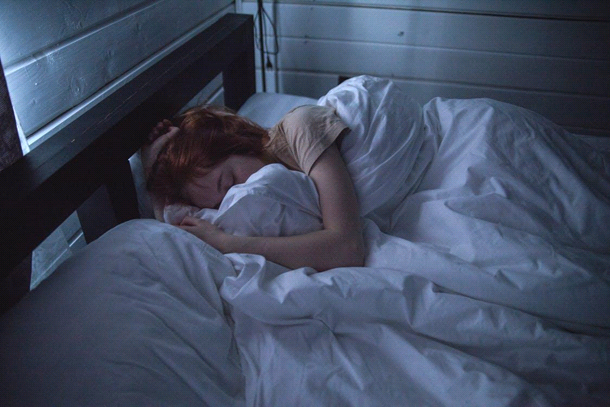How Improving Your Sleep Can Better Your Life
Sleep is an important part of a healthy lifestyle, but most people underestimate just how critical sleep is. Insufficient or poor quality sleep affects day-to-day well-being and increases the risk of developing health problems. Thankfully, it’s in your power to improve your wellness through better sleep.
Why Sleep Matters
The most obvious benefit of sleep is in your energy levels. When you get adequate rest, you’re more likely to wake up feeling refreshed and ready to take on the day. However, improved energy isn’t the only reason to lay down for seven to nine hours each night.
Sleep helps you function your best throughout the day; with insufficient sleep, you may struggle to focus or remember important information. Over time, poor sleep contributes to serious health consequences, including physical diseases like obesity, diabetes, high blood pressure, and heart disease, as well as mental health disorders like depression and anxiety.
Getting fewer than seven hours of sleep per night disrupts hormonal balances, which results in higher stress levels, increased fat storage, and worse appetite control. It also weakens your immune system, making you more likely to fall ill.
The importance of sleep isn’t limited to adults. Children, too, need plenty of sleep each night in order to perform and feel their best. Without proper sleep, children are likely to be more irritable and impulsive, and less sociable and attentive than their well-rested peers. In school, this manifests in worsened academic performance, particularly in language skills, and lower IQ scores.
The younger children are, the more sleep they need. Toddlers may sleep 10-12 hours or more, school-age children 10 hours, and pre-teens and teens 8-9 hours per night. In order to hit those numbers, parents should enforce regular bedtimes at home. However, that’s not the only thing parents can do to boost kids’ energy.
By creating a relaxing bedtime routine and sleep environment, encouraging an active lifestyle, and ending playtime and homework a couple of hours before bed, parents can help kids get the sleep they need to grow and thrive.
Practicing Good Sleep Hygiene
Sleep hygiene is a set of practices and habits that promote healthy sleep. To improve your sleep hygiene, follow these practices:
- Maintain a consistent sleep-wake cycle, including on weekends.
- Adopt relaxing bedtime rituals to give your body the cue that it’s time to sleep.
- Keep bedrooms dark, quiet, and cool. The National Sleep Foundation recommends a bedroom temperature between 60 and 67 degrees.
- Keep electronics out of the bedroom.
- Avoid large meals, caffeine, and alcohol before bed.
- Be physically active during the day.
- Expose yourself to morning sunlight.
- Invest in a comfortable mattress and pillows.
When You Can’t Sleep
Some nights, quality rest feels impossible to come by. When that happens, it’s important not to stay in bed tossing and turning. Frustration over sleeplessness could lead you to develop anxiety around the bedroom. Instead, go to another room and do something relaxing until you feel sleepy. Don’t use electronics, as the blue light from screens disrupts circadian rhythms.
If poor sleep or insomnia is an ongoing issue, keep a sleep diary. A sleep diary can help you identify habits that are interfering with your sleep, like drinking caffeine in the afternoon or eating certain foods at dinner time.
Download The Sleep Diary
Sometimes, the cause of poor sleep is medical. Sleep apnea is a sleep disorder in which breathing repeatedly stops and starts during sleep. Untreated sleep apnea prevents deep, restful sleep and increases the risk of other health problems. Snoring is a common sign of sleep apnea.
Along with diet and exercise, quality sleep is one of the most important components of a healthy lifestyle. If you’re practicing good sleep hygiene and still struggling with nighttime restlessness or daytime fatigue, it’s time to talk to a healthcare professional.
Chronic sleep problems may be a sign of an underlying health condition, and the sooner you get help, the sooner you can start enjoying quality rest.
If you think you have sleep apnea, contact Alaska Sleep Clinic for your free sleep assessment at any of our four sleep clinics in Alaska: Anchorage, Wasilla, Fairbanks and Soldotna.





